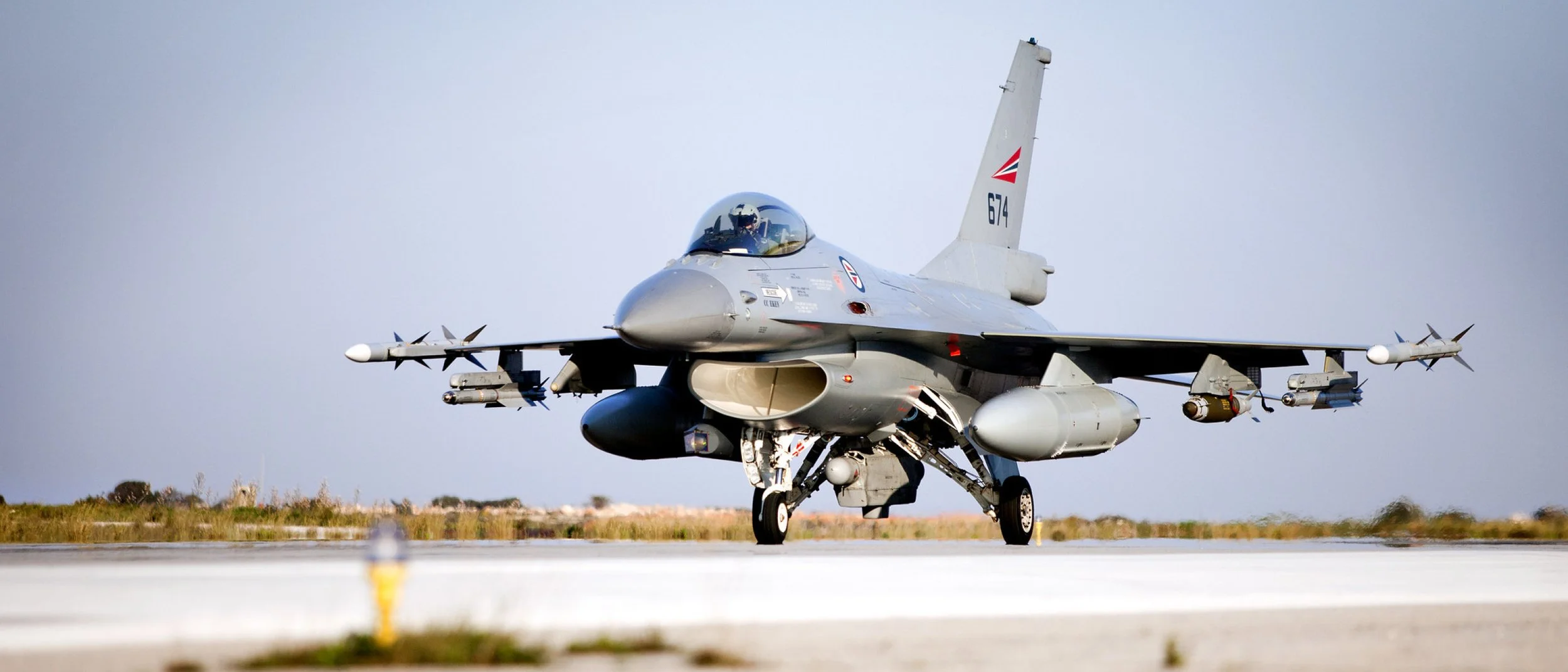On 18 November, the Institute for International Political Studies (ISPI) published a report entitled ‘The EU, NATO and the Libya Crisis: Scaling Ambitions Down’ by Stefano Marcuzzi (Senior Analyst at Libya-Analysis). In the report, Marcuzzi assesses the relationships between the EU, NATO, and Libya since the March 2011 NATO air campaigns against Qaddafi’s reprisals on civilians. In the report, Marcuzzi challenges what he views as a misconception that NATO was heavily involved and pushing for the 2011 anti-Qaddafi campaign. He asserts that NATO was more hands-off and hesitant, stepping in to assist in military coordination and command. He says NATO showed ‘limited interest in a serious and prolonged commitment and was self-restrained in several aspects, which hampered its overall ability to properly manage the crisis’. Marcuzzi notes that this and several other reasons meant NATO did not exercise proper crisis control in Libya, setting the country ‘on a path of warlordism, sectarianism, and incumbent political violence’ that the EU then stepped forward to try and stabilise. Marcuzzi looks at how the EU tackled subsequent intra-Libyan wars; proxy wars involving Russia, Turkey, Egypt, the United Arab Emirates, Qatar, France, and Saudi Arabia; the growth of ISIS in Libya; and the present stalemate between two parallel governments. Marcuzzi finds that NATO and the EU both failed to follow through on their promises to stabilise and mitigate conflict in Libya. He argues that NATO’s ‘half-hearted’ intervention left a power vacuum which the EU could not manage due to their soft-power policy paradigms being ill-equipped to handle a hard security crisis.
To read Marcuzzi’s full report, click here.

